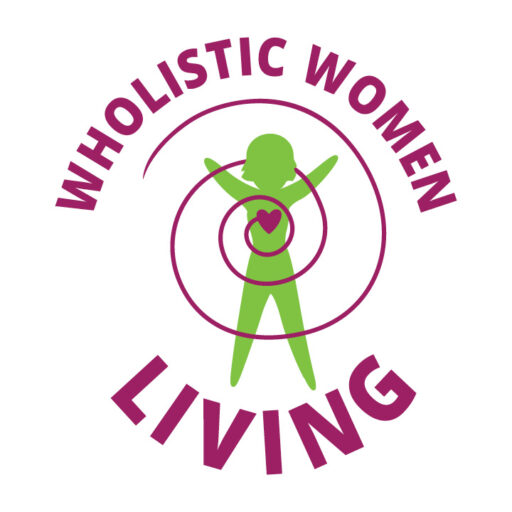Are you satisfied with your relationship with money?
Many of us would say that we’d like to be more confident with our finances, yet we don’t know how to gain that confidence.
Experts recognize that we each have a money personality which guides our unique approach to managing our finances. Our money personality develops through observation of others and education. For many of us, the most impactful lessons are learned the hard way, through real-life experiences. The good news is that we can change our money personality if it’s not serving us well.
Like anything that we want to change, we first need to assess where we currently are. With honest self-awareness, we can then choose thoughts and behaviors that we want to modify to achieve different results.
Some of us think of money in terms of status, believing that our net-worth equals our self-worth. Others tend to worship money and engage in wishfully thinking that if we had more, our problems would be solved. Some of us tend to avoid money matters entirely and still, others vigilantly guard and protect their money.
You may have been each of these at some point in your life or find that you’re a combination of them now. I’m curious to know what it would be like to apply our unique strengths to mold our money personality into a form that consistently serves us well. I have been experimenting with this idea, using myself as a test subject, to see what I could learn.
Using Gallup’s Strengths Finder assessment, I learned that my leadership style is one of relationship building. In short, I’m a people person and my natural approach to leading is through connection with others. When I look at how my leadership style impacts my approach to money, I can easily see times when it works well and times when it doesn’t.
For example, in my shopping, I choose to support local businesses over big box stores whenever I can, even if it’s inconvenient. I believe that it’s important to encourage entrepreneurs and small business owners and do my part by spending my dollars with them. My Developer, Empathy, and Belief strengths feel fulfilled when I purposefully shop local. The dark side of those same strengths appears when I purchase something that I really don’t want or need in order to be supportive.
I good-naturedly recall a delightful trip through the NY wine country with my husband and another couple. We spontaneously stopped into a cider works distillery to taste their products. We were their only guests and received the owner’s full attention as the four of us respectfully tasted each cider sample. In the end, we agreed that we were not fans. As the three of them politely thanked the owners and started to leave, my heart took over and I grabbed a bottle of cherry cider to purchase from the grateful proprietor. I received plenty of ribbing afterward from my friends and the bottle sat in our cupboard for over a year before I finally gave it away to someone who would appreciate it. My heart led the way into that sympathy-buy. I can laugh about it now, but I wonder how many times I let my relationship strengths lead the way financially, and if that serves me well. Does my concern for others supersede practical purchasing decisions?
Another strength in my top 5 is Positivity. It serves me well in having a fundamentally positive outlook on life, including my finances, however, at times it may not work to my benefit. How often do I charge an item to my credit card thinking (positively), I’ll pay that off when the bill comes in? Only I don’t. And the balance increases when I do that repeatedly. My positivity could sabotage my financial goals if I don’t catch myself and ‘dial it differently’. You may wonder what I mean by dialing it differently.
I like to picture my top 5 strengths as individual pots on a stove, each with a dial ranging from 1 to 10. When my positivity is too high, I can turn it down and turn up another strength that would get the results I’m after. In the above situation, I could dial up my Strategic strength and ask myself important questions such as Will this purchase get me closer or further away from my financial goals? Will I honestly pay this charge off when the bill comes in? Do I really need this item? By turning down my overly optimistic tendency and balancing it with my thoughtful planning strength I can then make a well-formulated purchasing decision. My heart-centered leadership style can be effectively managed by increasing my other top strengths.
I’m curious to learn more about the ways my individual strengths and leadership style impacts my spending and saving. Increasing my knowledge will help me be more conscious of my default tendencies. I can then contribute those insights to the conversations that my husband and I have about our financial decisions. Knowing his strengths and leadership style will further help us to understand ourselves better and fine tune our joint money matters.
Gallup has organized their list of 34 strengths into four leadership styles: Executing, Influencing, Relationship Building, and Strategic Thinking. I’m delighted to partner with Financial Coach Jane Helm to learn more about the ways in which our strengths impact our money personalities. Ladies, if you’d like to learn more, you’re invited to join Jane and me for an evening retreat entitled Be Prosperous on June 26 from 5:30-7:30 pm. Learn details about this Wholistic Woman Retreat program here.
Grow more confident about your relationship with money with us!
Today’s author: Carol deLaski, PCC, is a strengths-based executive leadership coach who guides individuals and businesses to be their best. For more information about her coaching services, and her book Lost and Found: Discovering Strength in Love and Faith, visit www.caroldelaski.com or email her at [email protected]

